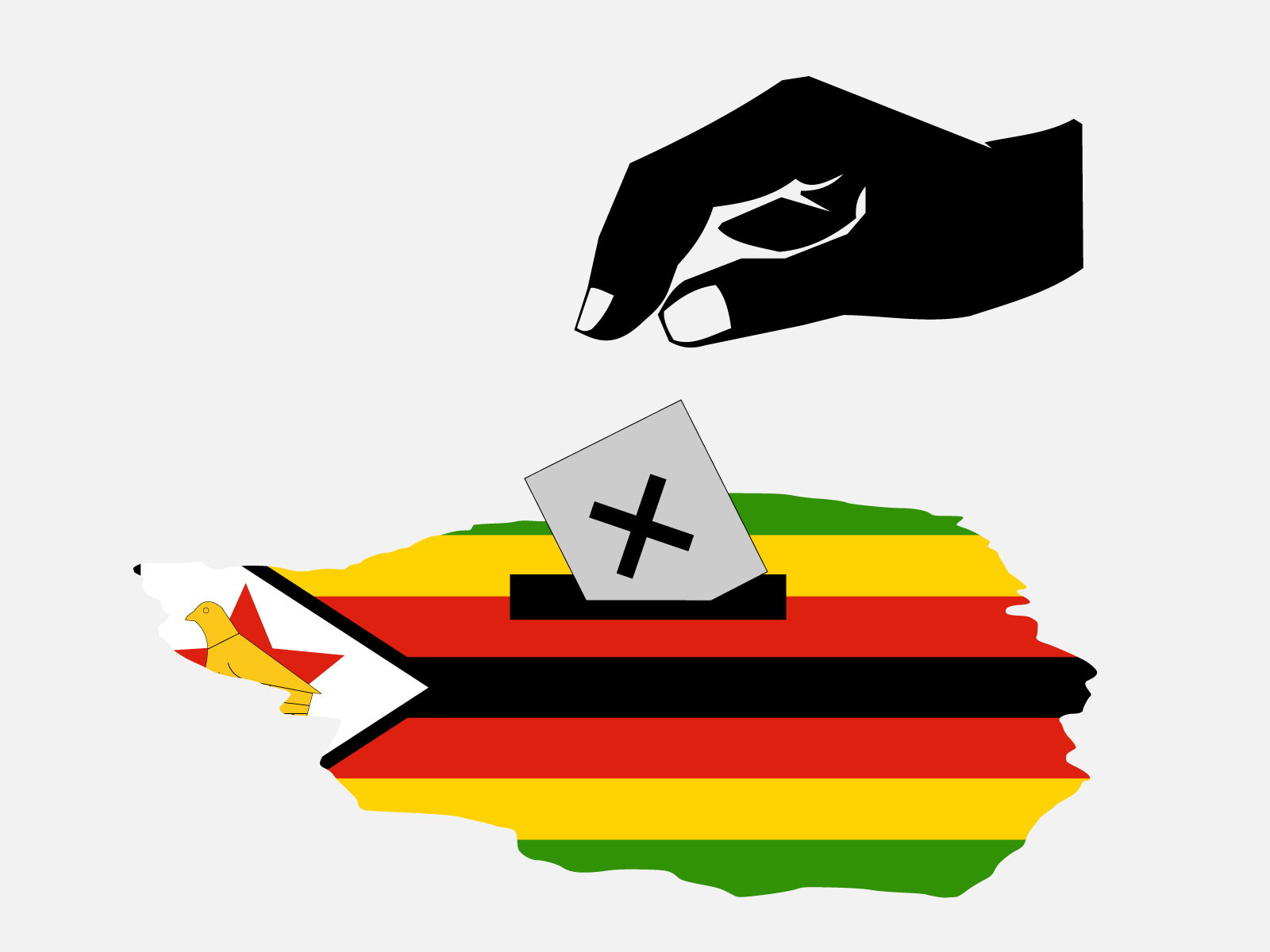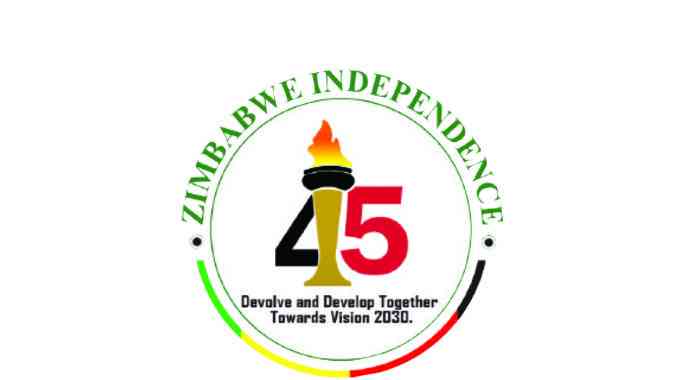
By Cliff Chiduku
IN March, government announced a raft of measures meant to promote the wider use of the local currency in a frantic effort to save the economy, which has suffered years of battering. And chief among those measures was an incentive to use the local currency. Government slapped a 4% tax on foreign currency transfers with the intermediated money transfer tax (IMTT) for local currency remaining at 2%.
“Government is, with immediate effect, putting in place a differential taxation system for the intermediary money transfer tax (IMTT) as follows: (i) 2% would continue to apply to local currency transfers; and (ii) All domestic foreign currency transfers to attract an intermediary money transfer tax (IMTT) of 4%,” the notice read in part.
On top of the 4% tax on forex transfers, government also announced a withdrawal levy for United States dollar transactions.
Government justified these new measures as a way to ease the country’s pressing foreign currency requirements. These tax measures will no doubt widen the tax base since Zimbabweans have a satiable appetite for US dollars.
However, given the glaring fact that Zimbabweans are generally heavily taxed, it is high time government looked beyond domestic financing sources.
The diaspora could be a starting point, considering the number of Zimbabweans in foreign lands.
While the taxation of Zimbabweans in the diaspora is not so straight forward, it is something worth pursuing.
- Chamisa under fire over US$120K donation
- Mavhunga puts DeMbare into Chibuku quarterfinals
- Pension funds bet on Cabora Bassa oilfields
- Councils defy govt fire tender directive
Keep Reading
Kenya, Eritrea and the United States are some of the countries that have laws that compel their citizens in foreign lands to contribute to the fiscus.
But for Zimbabwe, the matter is a little complex given that the multitudes who have flocked abroad were forced out by political and economic instability that characterised Zimbabwe in the post-2000 era.
The emigrants found home in neighbouring southern African countries such as South Africa, Botswana and Namibia, while others sojourned to far-flung corners of the world in, for instance New Zealand, Australia, Canada, the United Kingdom, the United States and other countries.
While there is no consensus on how many Zimbabweans are living abroad, estimates range around five million, with most of them in neighbouring South Africa. Zimbabweans are now everywhere and one is sure to meet a Zimbabwean anywhere on this planet, even the frozen tips of Antarctica and North Pole.
Almost a quarter of the Zimbabwean population is in the diaspora and to ignore such a constituency from contributing to the country’s well-being through paying tax would be foolish.
Most of these diasporans benefited from public funds and should also contribute to the country for the sake of future generations.
Zimbabwe’s education system was such a marvel and a cut above the rest that many countries were and are still quick to grab Zimbabwe’s skilled personnel who acquired their skills through taxpayer’s contributions.
Medical doctors, nurses, teachers, engineers, as well as large numbers of semi-skilled and unskilled workers are now plying their trade in the diaspora. Many were beneficiaries of government grants which they never paid back. Surely, against this background, would it be amiss to ask this pool of professionals to help in building the country by paying some kind of tax?
But, of course, there is always a catch, more so in the context of Zimbabwe.
Putting aside the thorny issue of corruption, Zimbabweans in the diaspora have for years demanded their constitutional right to vote from wherever they are. And asking to contribute to the fiscus when they are not afforded the right to vote is grossly unfair.
It then becomes imperative that the payment of the diaspora tax should be tied to the opportunity to vote. Once the diasporans can vote, then they will be incentivised to contribute to the development of the country.
The diaspora vote is one of the key electoral reform demands which civic society organisations believe may enhance the country’s democracy and electoral processes.
Since those in the diaspora are already contributing to economic revival through diaspora remittances, they must also be allowed to choose their leaders.
Tax payment should be a shared responsibility among all the Zimbabwean citizenry, regardless of geographic location. When you come back home, you want to see good infrastructure and improved services, among other things. But then, for proper systems, services and infrastructure to be put in place, the diaspora’s assistance is needed through tax payment.
Rebuilding the country and contributing to the fiscus should not be a left to those in the country alone, especially during current times when the economy is so hamstrung that locals cannot even afford to put food on their tables.
Citizenship comes with responsibility, so if one is living in any part of the world where they are paying taxes, naturally they have to be able to do the same for their mother country. One cannot continue to have a Zimbabwean citizenship tag without sharing the responsibilities that come with being a citizen like paying taxes.
Food for thought!
- Cliff Chiduku is a journalist based in Harare, who is studying for a MSc in Public Policy and Governance (UZ). He writes here in his personal capacity. He can be contacted on cchiduku@gmail.com or on Twitter @ChifChiduku.











